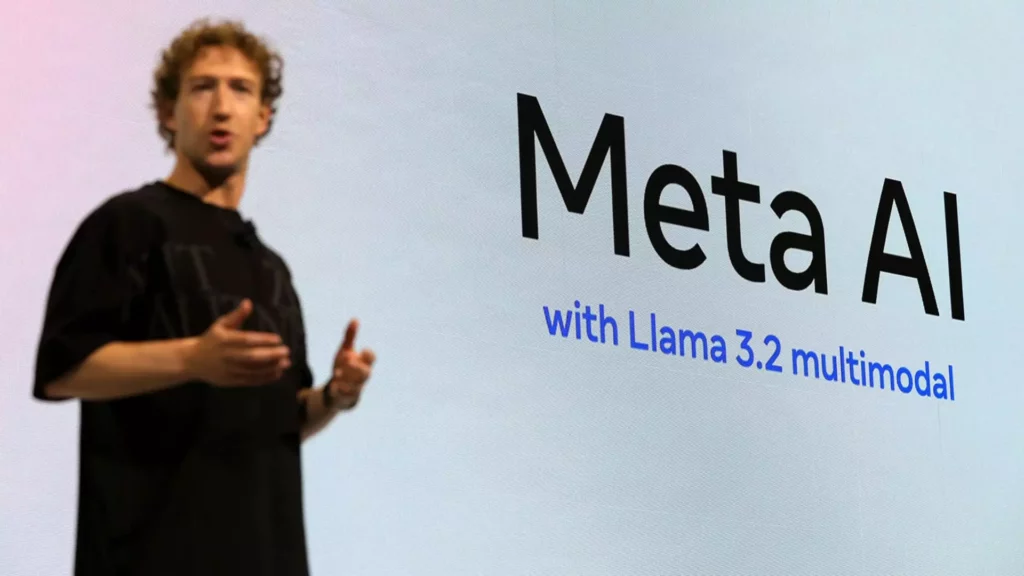The recent legal decision triumphing in favor of Meta amidst a clash with a coalition of thirteen high-profile authors marks not just a pivotal moment in the technological landscape, but also serves as a wake-up call to those standing up for intellectual property rights. U.S. District Judge Vince Chhabria’s endorsement of Meta’s fair use defense—asserting that the company’s use of copyrighted literature to train its AI model, Llama, qualifies as transformative—provokes a critical inquiry. Fair use is an essential construct in American copyright law, yet how it manifests in an era defined by undeniable technological growth raises profound ethical questions we can no longer afford to ignore.
The legal grounding of Judge Chhabria’s decision is flawed. While transformative use has its merits, it should not act as a carte blanche for corporations to exploit authors’ labor without proper compensation. The digital landscape is already harsh for writers; if this ruling continues to set the tone for future cases, we risk entering a reality where creative labor is undervalued and free-for-all access to literature becomes the norm. The judge’s stance—that Meta’s practices don’t significantly harm the authors’ market—smacks of naiveté in a rapidly changing ecosystem increasingly dominated by digital consumption and automated systems.
The Central Conflict: Innovation vs. Creators’ Rights
One glaring aspect of Chhabria’s ruling is the judge’s line of reasoning suggesting that curtailing companies’ abilities to utilize copyrighted material for AI training would stifle innovation. While technological advancement is undoubtedly essential, it cannot exist in a vacuum devoid of awareness about the creators whose works fuel this innovation. This argument lacks an understanding of the delicate balance necessary for a healthy creative economy, one in which innovation and authorship coexist without one undermining the other.
The court’s preference for fostering technological progress at any cost raises the question: Should we sacrifice fairness and the rights of individuals who create art for the sake of a tech giant’s growth? As we navigate this precarious landscape of AI and copyright, we need to seriously consider the implications of this ruling. Every time intellectual property is infringed upon under the guise of ‘transformative use,’ it sends a message that the labor and creativity of writers can be disregarded for profitability and technological advantage.
Implications for Future Legal Battles
Chhabria’s judgment does not exist in isolation; it opens a Pandora’s box of potential legal challenges and reiterates the importance of ongoing litigation pertaining to copyright claims against Meta. With the court’s ruling providing a potential green light for similar practices, we can expect a wave of cases where authors seek to reclaim their rights. This creates a dangerous precedent that could empower corporations to further exploit fair use as a defense, turning the very essence of creativity into commodities stripped of their inherent worth.
Moreover, the judge hinted at other controversies involving Meta regarding torrenting activities—a point that cannot be overlooked. Such complexities in the legal landscape surrounding copyright and AI illustrate that the struggles between innovation and creator rights will intensify. As other tech firms also face scrutiny, the legal framework governing these technologies stands on uncertain ground, necessitating an urgent reevaluation of the laws that currently shape our creative economy.
The Ripple Effects on Creators
Writers and creators already grapple with an environment where their earnings are dwindling due to digital piracy and the rapid growth of free-content platforms. With the invasive use of AI technologies potentially chipping away at their livelihoods, the implications of this ruling stretch far beyond the current dispute. Authors are the backbone of our cultural fabric; their narratives inform, inspire, and entertain countless souls. By creating a legal atmosphere that fosters AI-driven market monopolies while sidelining the creators, we are sowing the seeds of discontent across the literary field.
In these sobering times, it becomes apparent that the transformative power of AI must align with equitable compensation for those whose contributions are instrumental to its functioning. To allow corporations to leverage copyrighted materials without fair remuneration not only diminishes the efforts of authors but also fosters an environment that could lead to artistic stagnation. A vibrant creative culture relies upon the protection and valorization of its contributors, and yet the current trajectory appears perilously tilted towards corporate interests over individual rights.
A Call for Balanced Dialogue
Ultimately, engaging in meaningful dialogue about copyright in the context of AI innovation is no longer a choice but a necessity. The ruling lays bare an essential tension that must be addressed, as the technological landscape evolves at breakneck speed. It is imperative for lawmakers, technology developers, and creators to collaborate on reforming copyright laws to protect the rights of authors while continuing to foster innovation. Only through this balanced perspective can we hope to navigate the complex and often murky waters of copyright and AI, ensuring artistic rights are not drowned by the wave of technological advancement.









Leave a Reply